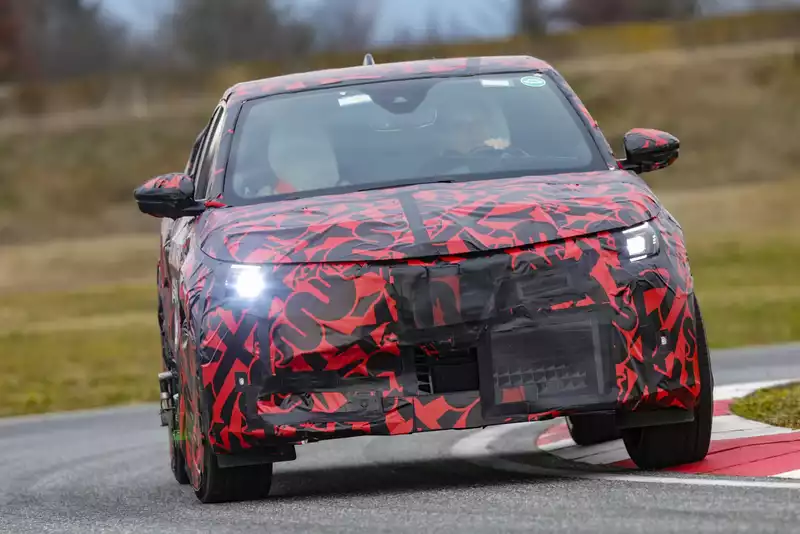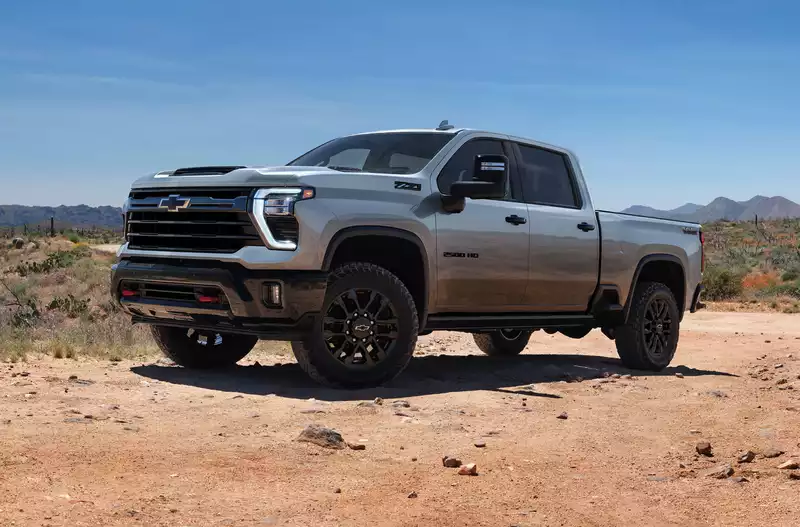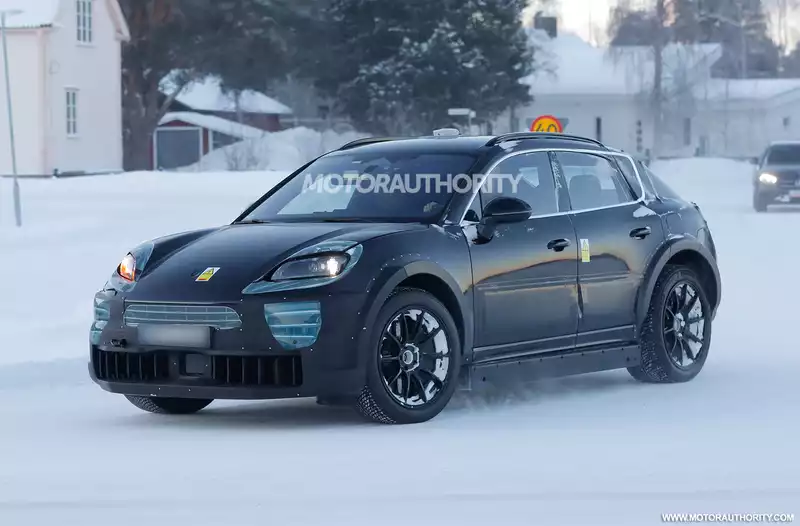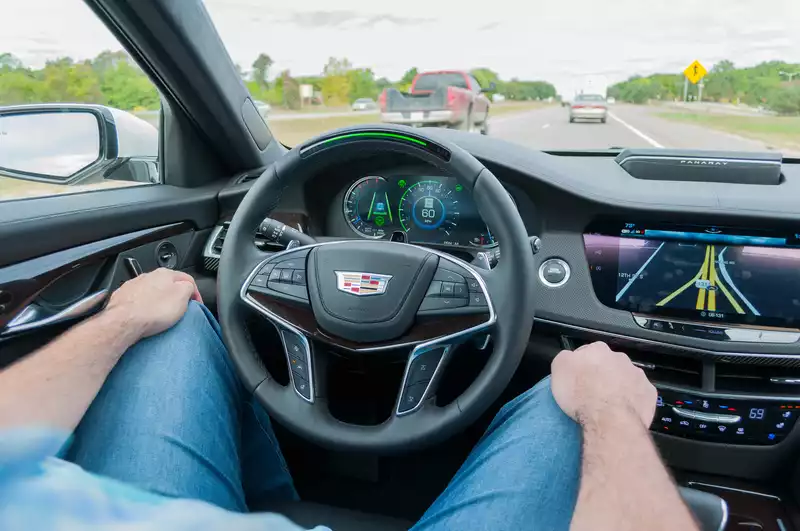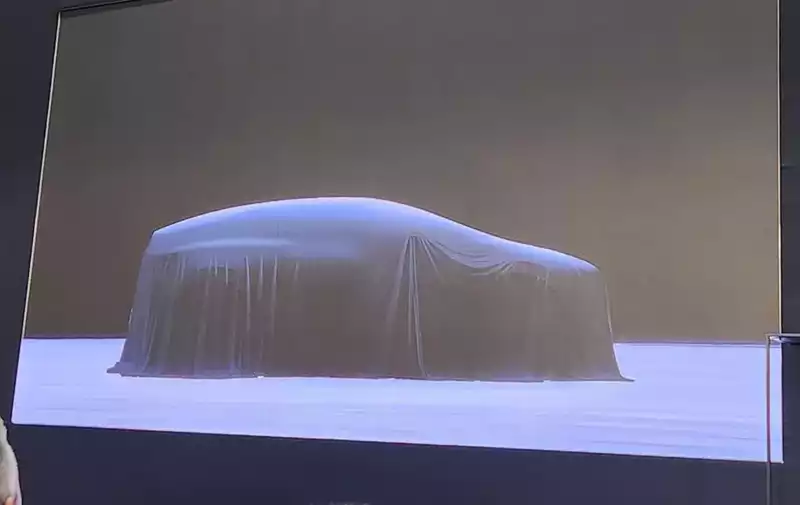EU Agrees to Ban Sales of Gasoline and Diesel Cars by 2035
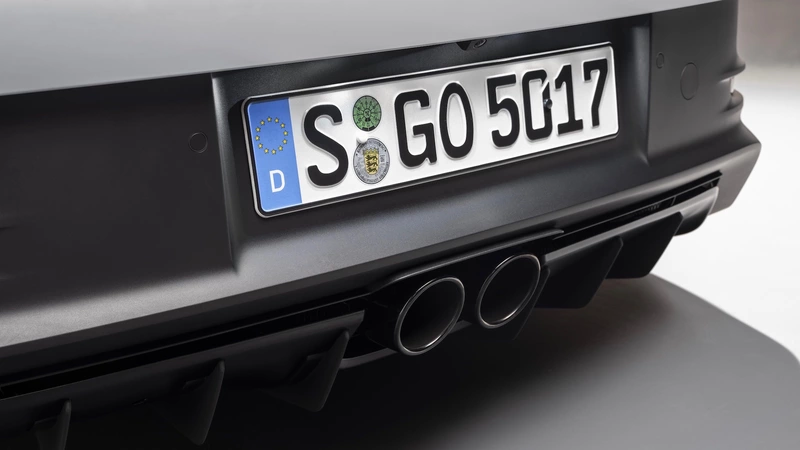
The European Union agreed Thursday to ban the sale of new gas- and diesel-powered passenger cars and light commercial vehicles, including hybrids, by 2035.
The goal of a 100% reduction in carbon dioxide emissions from cars by 2035 is part of a comprehensive plan to make the EU climate neutral by 2050, first set by the European Commission in 2021.
It was then endorsed by the European Parliament in a vote in June and came close to banning the sale of internal combustion vehicles by 2035. On Thursday, the proposal received provisional approval by the European Council, made up of the leaders of EU member states, and will now become law.
Under the target, the provisional goal is to reduce CO2 emissions from new passenger cars by 55% by 2030 compared to 2021 levels, with an eventual goal of a 100% reduction by 2035. For vans, this will be a 50% reduction by 2030 and a 100% reduction by 2035.
Unlike similar plans in California and New York, which classify certain plug-in hybrids as zero-emission vehicles, the E.U. goal promotes fully electric vehicles, including battery and fuel cell vehicles.
However, the E.U. may still have some life left in the internal combustion engines of light vehicles. Automakers producing less than 10,000 vehicles per year may negotiate to weaken their targets until they reach the 100% target by 2036. In addition, automakers producing less than 1,000 vehicles per year could be exempted altogether.
The E.U. also agreed Thursday that lawmakers will develop a proposal on how to sell cars that run on synthetic fuels after 2035, which Germany is seeking.
The E.U. will also assess the progress of automakers and charging network operators toward meeting the 100% carbon reduction goal in 2026 and will consider the need to revise the goal.
